- Home
- PhD Studentship Ultra-rapid Microwave Synthesis of Functional and Structural Materials
The University of Glasgow is seeking a highly motivated graduate to undertake an exciting PhD project on âUltra-rapid microwave synthesis of functional and structural materialsâ.
Industrial processing of materials will need to be energy efficient and sustainable in addition to being economically viable. Rapid processing and energy efficiency are criteria that can be met by microwave (MW) methods. For the materials chemist MWs also offer access to new (metastable) materials and an opportunity to understand the interaction of electric (and magnetic) fields with solids as part these processes. Developing this understanding is especially challenging since unravelling the sequences of reactions and how and why they occur requires us to probe processes that occur over timescales orders of magnitude lower than conventional solid state reactions. In this project we aim to understand both the ways in which MWs interact with solids and the mechanisms of the solid state reactions that occur within a MW field and use this understanding to prepare both important and new materials.
We will study solid state reactions from 20 to << 1 min with bespoke reactors and the use of in-situ (e.g. optical pyrometry) and ex-situ (e.g. powder X-ray diffraction (PXD), electron microscopy (SEM, TEM) dielectric measurements) characterisation methods. To investigate dynamic processes, however, is effectively impossible by these methods alone and we will develop our recent work with reactors for in-situ powder neutron diffraction at ISIS, RAL in the UK and ILL, Grenoble in France. We intend to study of number of materials systems of increasing complexity covering both functional and structural materials plus potential new compounds and materials. These will include binary and ternary carbides, layered carbosulfides, borides and borocarbides.
Applicants should be UK nationals with a First Class or Upper Second Class Honours degree or equivalent in Chemistry, Materials Science or related disciplines. The successful candidate will be highly self-motivated, be goal oriented and have good writing and communication skills. An enthusiasm for innovation and speculative thinking is particularly encouraged. A masters degree in a relevant subject would be advantageous but is not essential.
Applications will be assessed as received and all applicants should follow the standard College postgraduate admission process (http://www.gla.ac.uk/research/opportunities/howtoapplyforaresearchdegree/applyonline/). For further information on this project, potential applicants are encouraged to contact Professor Duncan Gregory (duncan.gregory@glasgow.ac.uk) in the School of Chemistry.
Funding Notes
The studentship is funded for 3.5 years and covers a student stipend at the Research Council recommended rate which is £13,726 per annum.Â
Scholarships are not only for the smart students. Anyone can get scholarships
Spread the word to help others. Click share now!!
Important Tip!!
Apply to as many scholarships as possible.Present your letter if Intent clearly and you will surely get an institution that will be interested in your profile.
Similar Scholarships
- 06.27.2017
Game development scholarship
- 12.08.2015
Postgraduate Bursaries for Teacher Training
- 03.04.2016
Geography Scholarships for UK/EU Students
- 12.08.2015
PhD Studentship and MLitt Scholarships
Scholarship Categories
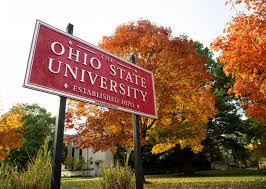
- 2025-09-09 13:46:25
Ohio State University Fully Funded Scholarships in USA 2026

- 2025-09-09 13:14:07
2025 FCM Foundation Scholarship For Nigerians

- 2025-09-09 12:08:48
2025 Stanbic IBTC Scholarship

- 2025-09-09 11:49:55
Rolls Royce Fully Funded Scholarship at University of Nottingham UK 2026
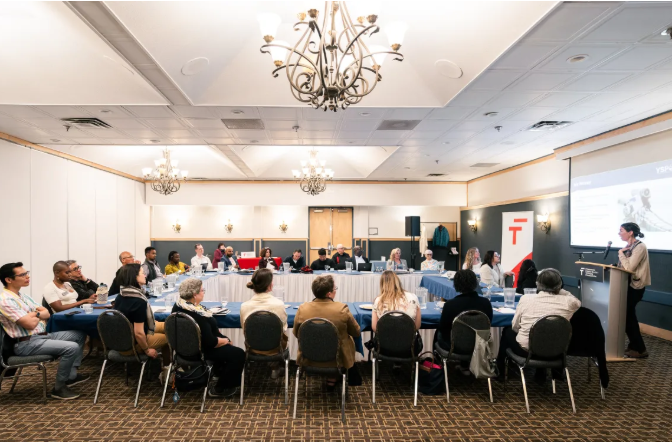
- 2025-09-09 11:05:14
2026 Pierre Elliott Trudeau Fully Funded Scholarship in Canada
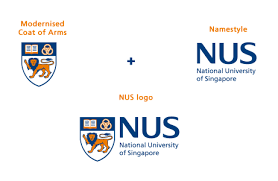
- 2025-08-29 10:17:50
2026 Lee Kuan Yew Fully Funded Scholarship in Singapore

- 2025-08-29 09:44:03
2026 Transform Together Scholarship at Sheffield Hallam University, UK
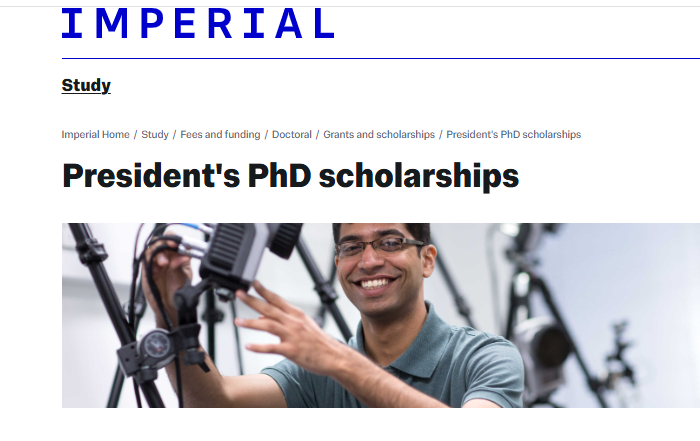
- 2025-08-29 07:45:54
2026 Imperial College Fully Funded President Scholarship in UK

- 2025-08-22 09:54:18
Hong Kong Fully Funded Fellowship Scheme

- 2025-08-22 09:39:01
2026 World Bank Government Analytics Fully Funded Fellowship Program

- 2025-08-22 08:08:38
2026 KAAD Scholarship in Germany For International Students
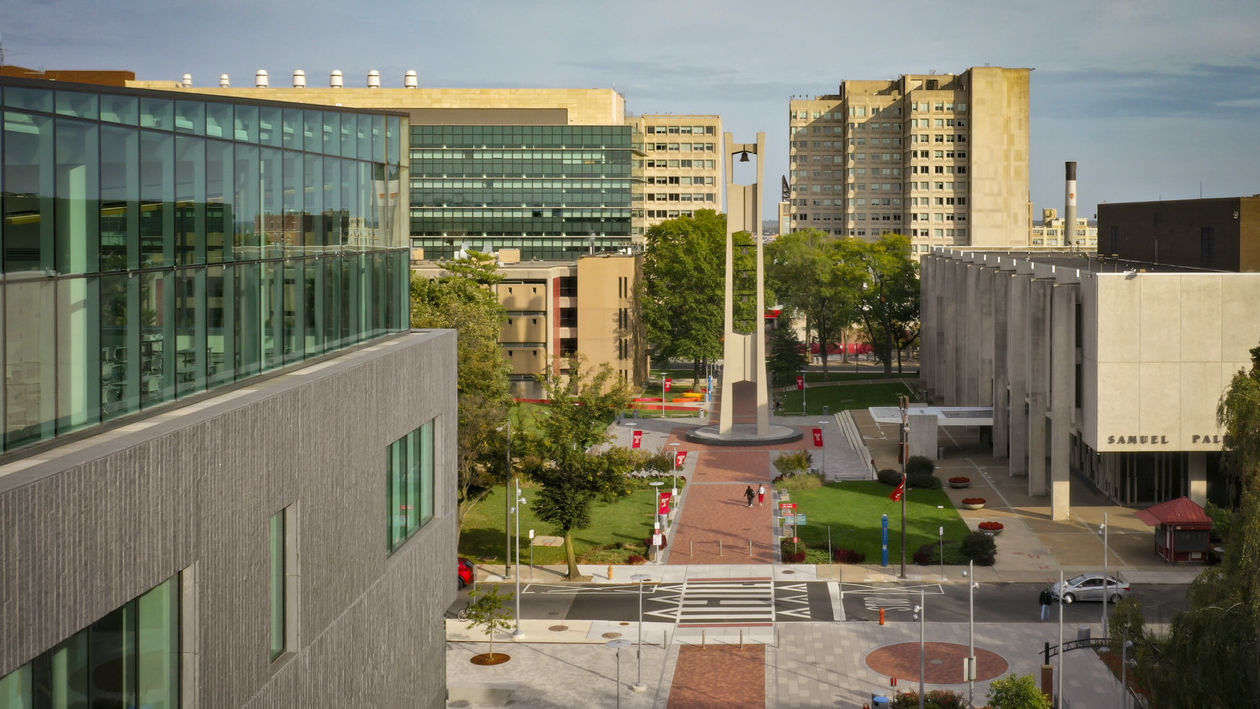
- 2025-08-22 07:44:47
Temple University Scholarship in USA 2026

- 2025-08-12 15:04:14
2026 NHR Fully Funded Scholarship in Germany
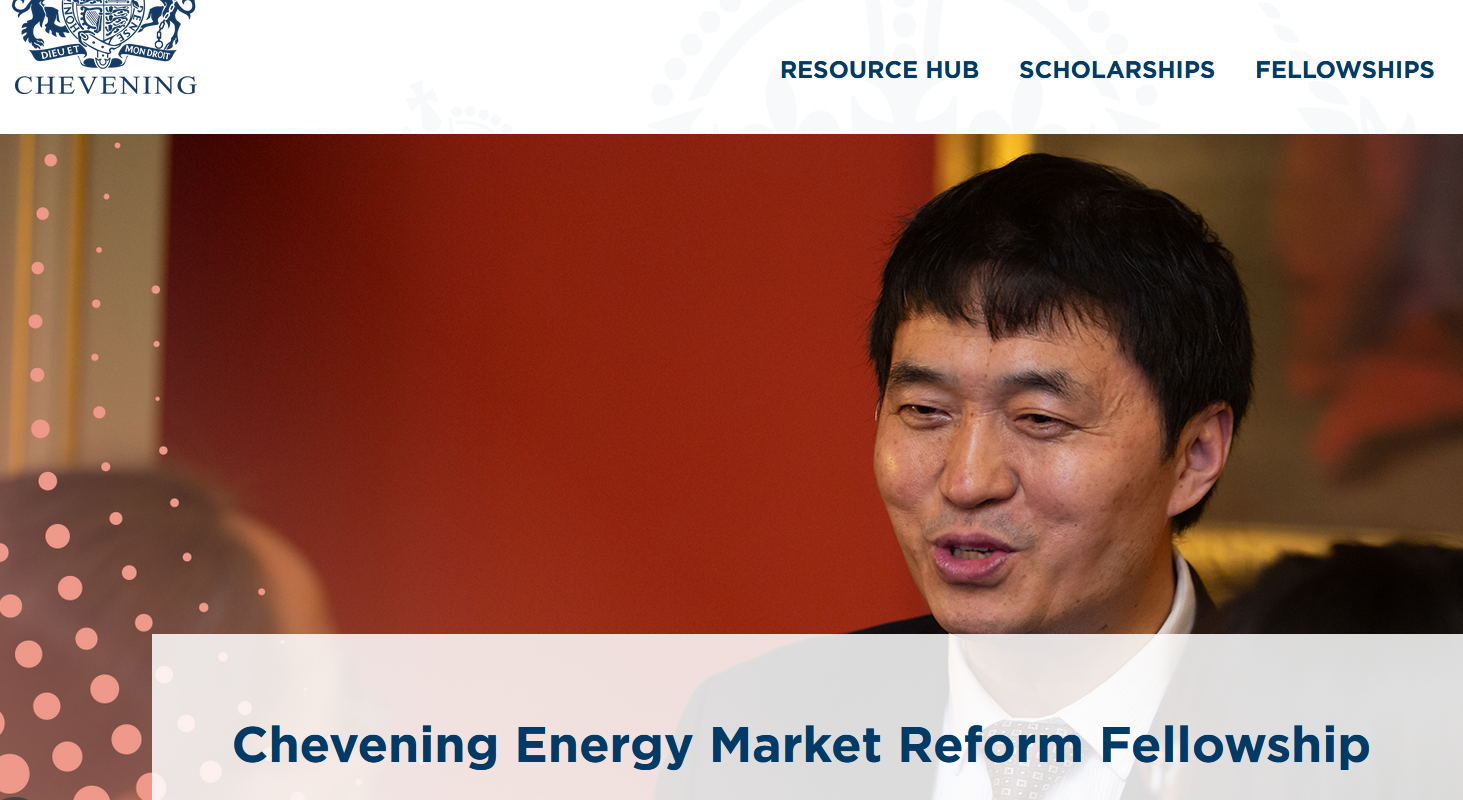
- 2025-08-12 14:44:52
2026 Chevening Energy Market Reform Fully Funded Fellowship in UK

- Viewed:
- 3468759 Times
- Posted: 2016-03-05 09:45:52
The MARCS Institute for Brain, Behaviour and Development: CoEDL PhD Scholarship- Speech and Language & Music Cognition and Action

- Viewed:
- 2979353 Times
- Posted: 2016-03-28 08:01:52
NSW Environmental Trust PhD Scholarship

- Viewed:
- 1415156 Times
- Posted: 2016-03-19 10:19:35
The MARCS Institute for Brain, Behaviour and Development: CoEDL PhD Scholarship- Human-Machine Interaction & Speech and Language

- Viewed:
- 1237477 Times
- Posted: 2016-03-09 20:34:01
PhD Opportunities at Murdoch University (Australia)

- Viewed:
- 562629 Times
- Posted: 2016-03-14 19:07:43
preventing the progression of acute to chronic whiplah

- Viewed:
- 440857 Times
- Posted: 2016-03-22 11:06:35
Treatment outcomes in multiple sclerosis

- Viewed:
- 404059 Times
- Posted: 2016-03-09 09:24:05
Adaptation to urbanisation

- Viewed:
- 310043 Times
- Posted: 2016-03-09 09:33:58
PhD in social dimensions of global change research between USC and Brock University

- Viewed:
- 297747 Times
- Posted: 2016-04-02 20:43:04
Modelling of steel and concrete composite structures under extreme loading

- Viewed:
- 186502 Times
- Posted: 2016-03-08 08:21:13
ABIOTIC STRESS TOLERANCE IN MODEL AND CROP PLANTS: UNDERSTANDING THE ROLE OF MEMBRANE LIPIDS AND PROTEINS.��

- 08.22.2020
I love scholarships
WHy SCHOLARSHIP GRANTS
iScholarshipGrants.com is a comprehensive online platform dedicated to helping students find scholarships and grants for their education. The website offers a wide range of funding opportunities, including merit-based, need-based, and program-specific scholarships, making it easier for students to access financial support. With regularly updated listings, iScholarshipGrants.com simplifies the search for scholarships across various fields of study, helping students achieve their academic and career goals without the financial burden.
CONTACTS
- 80 Calsttock Drive Toronto, Ontario.
- +1 6479689191
- support@ischolarshipgrants.com
POPULAR SCHOLARSHIPS
- Amount
- October 30, 2014
The Baxter Corporation - Jean Goodwill Scholarship
Copyright ©2024 ischolarship grants

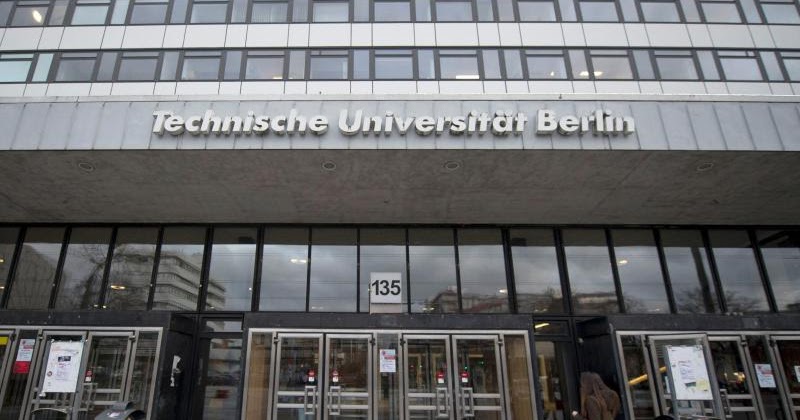
Have a Question about this Scholarship?